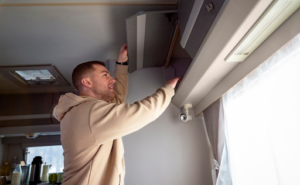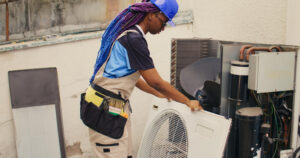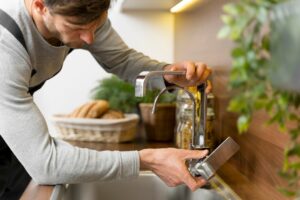Menu
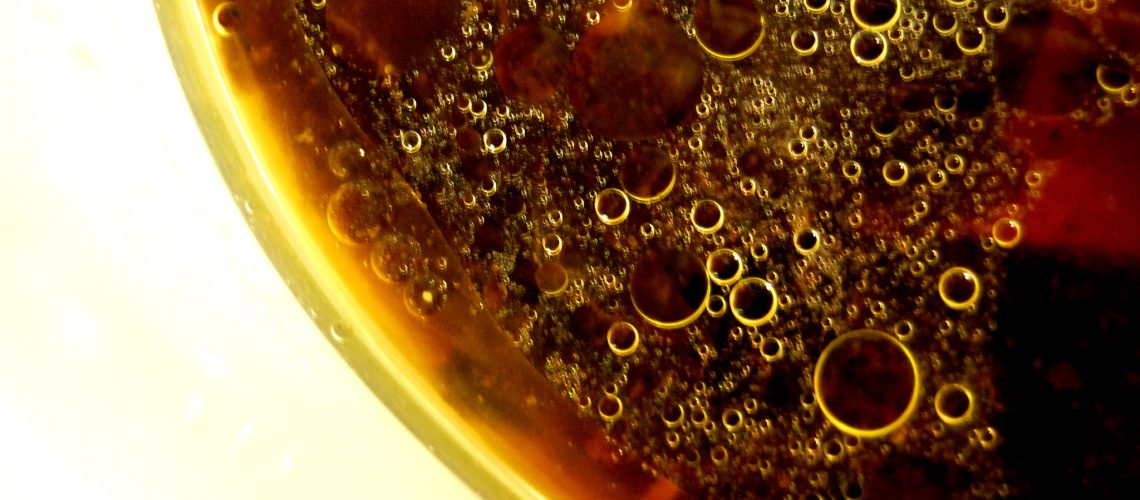
Avoiding the Common Causes of Clogged Drains: What to Know
Clogged drains are a common problem in many homes, but they are relatively easy to fix. They can, however, turn serious just as easily If not dealt with properly. This seemingly minor plumbing issue can cause slow drainage, cause flooding, or even be the starting point for busted pipes.
As a homeowner, it is your responsibility to ensure that your house continues to be safe and risk-free. Find out what’s clogging your drains, so you can avoid further damage to your home in the future.
Causes of Clogged Drains
No one wants to go through the trouble of getting their water line repaired. If you want to avoid calling in an emergency plumber to de-flood your house, read through this list of common causes of clogged drains. This problem is usually a result of the combination of all these elements, so you must always keep watch of every substance that you wash down the drain.
Stringy Material
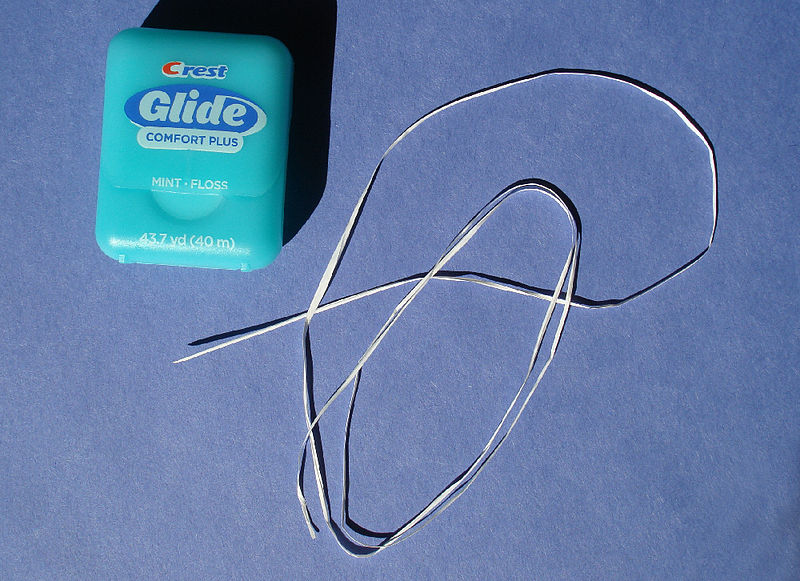
Stringy materials, like human hair, animal fur, and dental floss, are some of the most common causes of clogged drains. They are especially bad because they can knot up and combine with other substances like oil and dirt—accumulating into a glob that blocks the drain pipe entirely.
Soap Residue
Soap residue, when gone unnoticed for too long, can significantly reduce the pipe’s diameter, causing the liquid to drain more slowly. The residue can also combine with other substances and harden, which makes it more difficult to remove.
Dirt
Dirt can’t easily be washed away with water, as most may think. On the contrary, dirt can accumulate, build up, and cause clogs.
Food Waste
This is one of the most common causes of clogged drains in kitchen sinks. It’s better to avoid throwing food waste in your sink or even just leaving all the work to your garbage disposal. After all, there are food substances that your garbage disposal can’t break down, like tea leaves or coffee grounds.
Fat, Oil, and Grease
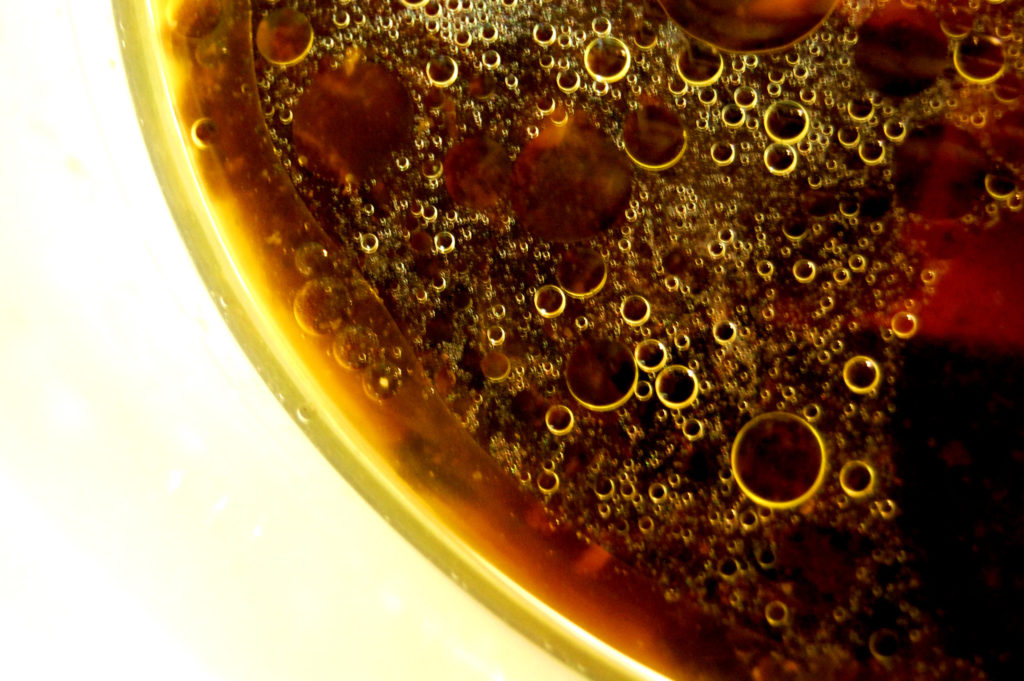
These substances, just like soap residue, can solidify in the pipes and cause blockages. So you might want to think twice before pouring all that fatty oil down the drain. Try having a separate bin for your meat trimmings and food waste to avoid clogging your kitchen sink.
Cotton
Items made out of cotton, like feminine products and cotton swabs, should never be flushed down the toilet. These types of substances do not break down or dissolve and grow in size. Tampons are especially bad since they grow ten times larger once they absorb liquid.
Offset Pipes
Older-style pipes can get moved out of place due to the shifting of the ground, which then affects the flow of fluid from the home. It’s recommended to leave this problem to the professionals to handle, as it can be too challenging for you to take care of.
Tree Roots
Tree roots can grow inside the cracks in your pipes and grow, obstructing the water flow and causing more devastating damages as time passes by. An emergency plumber is needed to rectify the situation right away in such scenarios.
Toilet Paper
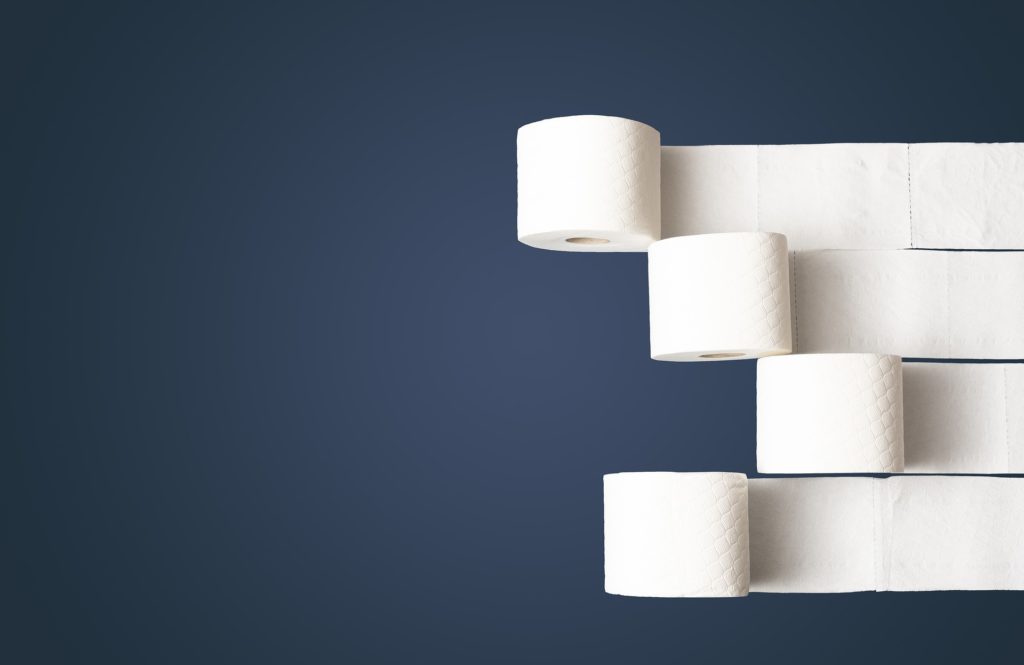
Toilet paper usually doesn’t damage your pipes, as these easily break down when coming into contact with liquids. However, when used in excess, it can cause significant clogging.
Conclusion
Even though you have already made sure to do your part in preventing clogging your drains, there’s only so much you can do. Unclogging the drains of your kitchen or bathroom sink is simple enough for one person, but if a more serious problem arises, it’s better to leave it to professionals to get your pipes repaired.
If you are experiencing serious plumbing problems in your home, don’t hesitate to reach out to Bromac Mechanical! At Bromac, we are always ready to offer emergency plumbing solutions and are willing to go above and beyond to serve our customers in Abbotsford, Lower Mainland and Fraser Valley. Visit our website or call us at 604-360-2710 to schedule an appointment!
